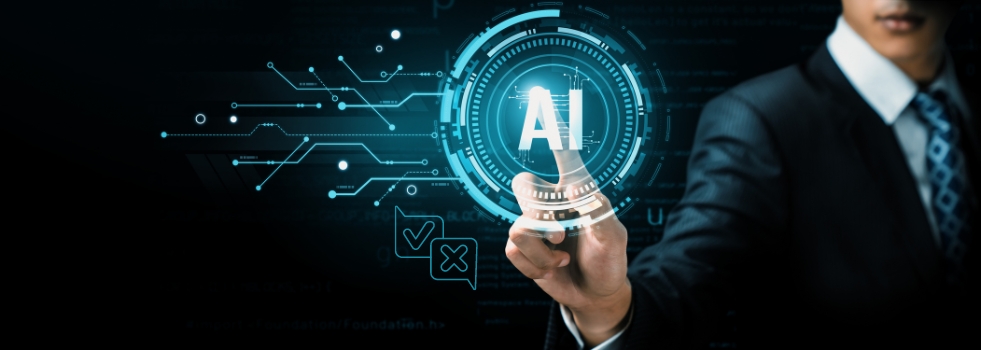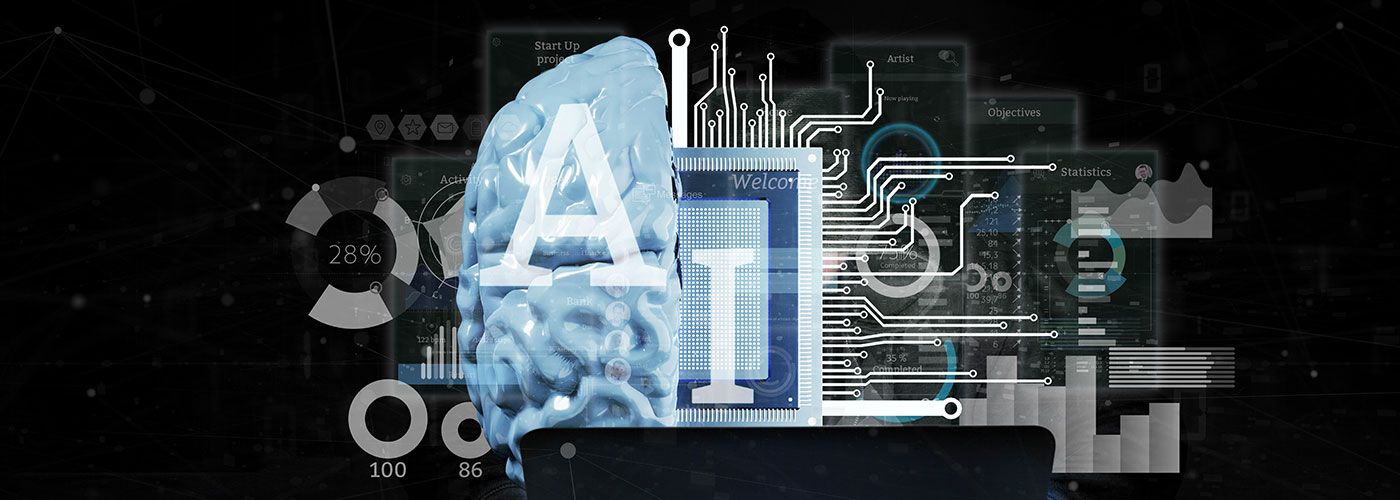Legal professionals are concerned about whether artificial intelligence (AI) can replace lawyers as the technology advances. This question sparks debates and a range of responses, prompting us to rethink the essence of practicing law. As AI evolves rapidly, it brings a mix of excitement and uncertainty about its impact on the legal profession.
In this article, we explore how AI is reshaping legal practice and consider the complexities of human judgment, empathy, and ethics. While AI has transformed many aspects of law, the answer to its potential to replace lawyers isn’t straightforward.
Current AI Use Cases in Legal
AI has made significant inroads in the legal profession, particularly in areas such as legal research, document review, and contract analysis. AI-powered software can quickly sift through vast amounts of legal documents, case law, and regulations to provide lawyers with relevant information, saving time, effort, and money. In addition, AI algorithms can analyze data to predict case outcomes and even recommend legal strategies based on historical patterns and precedents. These capabilities have the potential to revolutionize how legal services are delivered, making them more efficient and accessible.
One of the primary arguments in favor of AI replacing lawyers is its ability to automate routine and repetitive tasks. This frees up lawyers’ time so they can focus on more complex and high-value work. For example, AI can assist in drafting contracts, spotting errors, and ensuring compliance with legal standards and regulations, thereby enhancing productivity and efficiency. However, while AI has the potential to augment and optimize various aspects of legal practice, there are significant limitations to its capabilities. AI systems lack human intuition, empathy, and the ability to exercise judgment, which are essential qualities in the practice of law.
AI is Efficient and Eliminates Human Error
Legal disputes often involve nuances, ethical considerations, and subjective interpretations that require human insight and expertise. While AI can analyze data and identify patterns, it cannot fully comprehend the context, emotions, and cultural subtlety that influence legal decision-making which remains subjective and case specific.
Flawed algorithms in AI can lead to discriminatory outcomes, perpetuating inequalities and undermining trust in the legal system. Additionally, the adoption of AI in the legal profession raises ethical and regulatory concerns related to privacy, confidentiality, and the unauthorized practice of law.
To sum up, while AI has the potential to change many parts of law, it’s unlikely to replace lawyers entirely. AI in legal should be seen as a tool that supports and improves the work of legal professionals, helping them work better and more ethically. Now, AI (thankfully) lacks human qualities like intuition and empathy, which are important in law. The future of law will depend on how AI and human intelligence work together, each bringing its own strengths to serve clients and society best. As AI grows, legal professionals must adapt, embracing innovation while keeping the values and principles of law intact.





